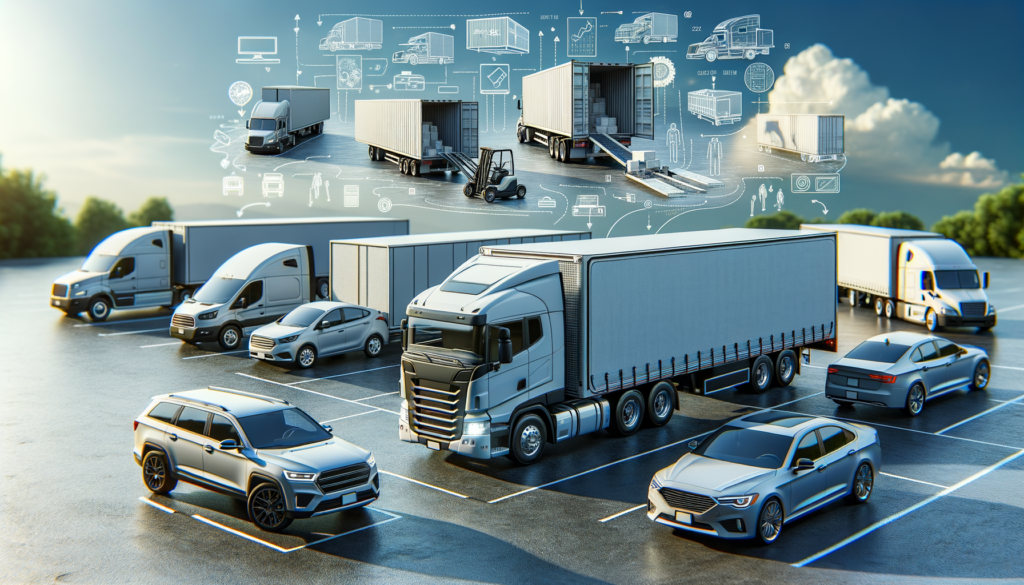The Gaming Blog

Understanding Box Trucks: A Practical Guide for Moving and Transport
Introduction to Box Trucks
Box trucks, often referred to as cube vans or straight trucks, are a staple in the logistics and transportation industry. Their versatility and practicality make them a preferred choice for businesses ranging from small local movers to large-scale delivery services. This article explores the various facets of box trucks, offering insights into their design, utility, and the role they play in modern transportation.
The Anatomy of a Box Truck
Understanding the structure of a box truck is crucial for appreciating its functionality. Typically, these vehicles consist of a cab where the driver sits, and a separate cargo area, which is the ‘box’ that gives the truck its name. The box is usually mounted on a chassis, providing durability and support.
The cargo area is enclosed, offering protection from weather elements, which is essential for transporting sensitive goods. The dimensions of the box can vary, allowing for customization based on specific needs. This flexibility is one of the key advantages of box trucks, making them suitable for a wide range of applications.
- Enclosed cargo area for protection
- Variety of sizes available
- Customizable features for specific needs
Applications and Uses of Box Trucks
Box trucks are incredibly versatile, serving numerous industries. They are a common sight in urban areas, delivering goods to businesses and homes alike. Their size allows them to navigate city streets with ease, making them ideal for local deliveries.
In addition to urban deliveries, box trucks are also used for moving services. Their capacity to hold a substantial amount of cargo makes them perfect for transporting furniture and personal belongings. Many moving companies rely on box trucks for their operations due to their reliability and efficiency.
- Local deliveries in urban settings
- Moving services for households
- Transporting sensitive and valuable goods
Advantages of Using Box Trucks
There are several reasons why box trucks are favored over other types of vehicles for certain tasks. One of the primary benefits is their enclosed cargo space, which protects goods from theft and environmental damage. This is particularly important for transporting items such as electronics, furniture, and perishables.
Moreover, box trucks offer a balance between capacity and maneuverability. They can carry a significant load while still being able to navigate through tight spaces and urban environments. This makes them a practical choice for businesses that require frequent deliveries in congested areas.
- Protection from theft and weather
- Balance of capacity and maneuverability
- Cost-effective solution for small to medium-sized businesses
Conclusion: The Future of Box Trucks in Transportation
As the demand for efficient and reliable transportation continues to grow, box trucks remain a crucial component of the logistics industry. Their adaptability, combined with advancements in technology, suggests a promising future. Innovations such as electric box trucks are on the horizon, offering environmentally friendly alternatives to traditional diesel-powered models.
For businesses looking to optimize their delivery operations, investing in box trucks can be a strategic decision. Their proven track record and potential for customization make them a valuable asset in the ever-evolving landscape of transportation.









